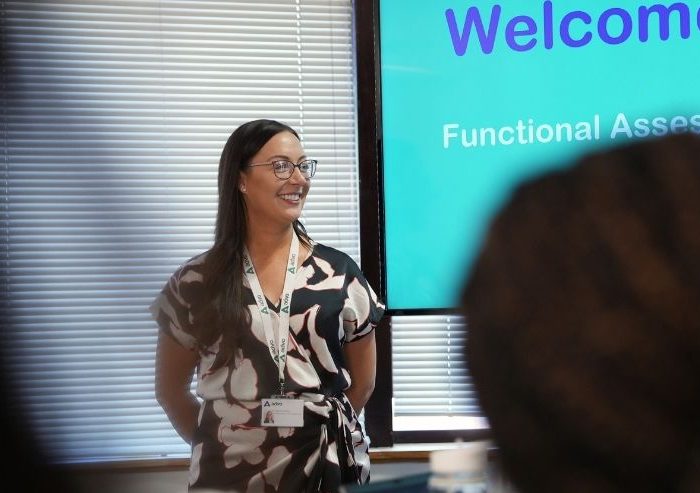Functional Assessors
Use your clinical skills in a new healthcare career. Join Advo Health and enjoy real work-life balance and flexibility.

We’re hiring today
We’re hiring nurses, physiotherapists, occupational therapists, paramedics and pharmacists across the UK. Whatever your background, your skills are valued here.

Nurses
Continue making a difference, now with no night shifts or high-pressure settings.
Physiotherapists
Use your skills to make an impact, while supporting your growth and work-life balance.
Paramedics
Use your assessment skills in a new role, with reliable hours, diverse cases, and the support to grow.
Occupational Therapists
Apply your OT skills in a role focused on clinical assessment and professional growth.
Pharmacists
Use your pharmacy expertise in a non-dispensing, people-focused role delivering impactful assessments.Life as a Functional Assessor at Advo
Discover how Advo supports healthcare professionals through a clinically led, compassionate, people-first approach to the Functional Assessor role.
Advo Voices
A new way to use your skills and shape your future: what our colleagues say about the role.
FAQs
Considering a career change in healthcare? We’ve answered the most common questions about becoming a Functional Assessor, from qualifications to what the role involves.
As a Functional Assessor, your role is to carry out assessments with individuals applying for health-related benefits. You won’t be diagnosing or treating, your job is to understand how their health impacts their daily life and document it clearly in a report that helps inform decision-making.
No. Functional Assessors don’t make decisions about benefit entitlement. Your role is to carry out assessments and produce clear, evidence-based reports. These reports are then reviewed by the Department for Work and Pensions (DWP), who make the final decision about each claim.
No. While you’ll use your clinical expertise, this is a non-clinical role. You won’t be involved in hands-on care or treatment, but your professional judgment and understanding of health conditions are key to the assessment process.
A typical day involves conducting a set number of assessments, either face-to-face or over the phone, followed by writing up your reports. You’ll work in a structured, supportive environment with no night or weekend shifts, and have dedicated time for admin and breaks.
You’ll receive comprehensive training before you begin, plus ongoing support from your manager and wider team. You’ll also have access to helpful resources, a dedicated clinical support line, and opportunities for continuous development.
Most roles are full-time, Monday to Friday, but we also offer some flexibility. Depending on your location and service needs, you may have the option to work hybrid or remote, all without night shifts or weekend work.
There are several routes for development, whether you’re interested in becoming a team manager, clinical coach, or moving into training or quality assurance roles. You’ll also be supported to grow at your own pace with regular reviews and feedback.
This role offers more structure, predictability, and work-life balance than many clinical roles. You’ll still use your clinical thinking, but in a setting that’s focused on conversation, assessment and documentation, rather than treatment or fast-paced interventions.
Ready when you are
Explore healthcare careers with more balance, stability, and purpose. If you’re ready for a change, we’re here to help you learn more about becoming a Functional Assessor.


